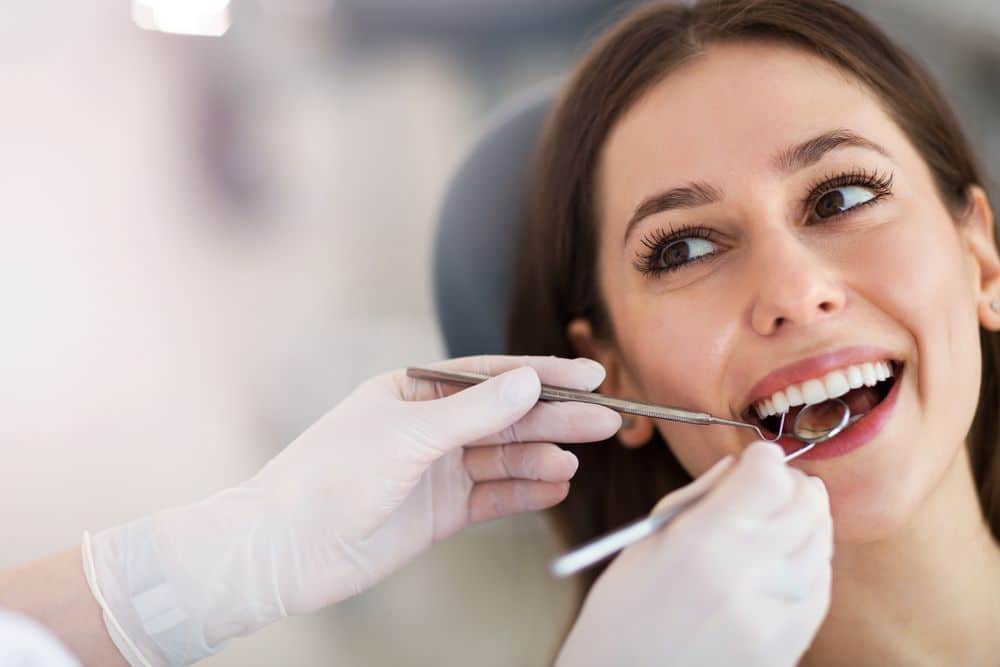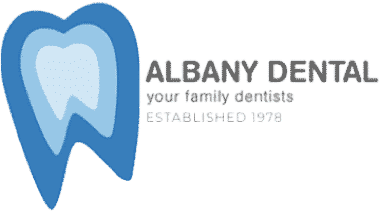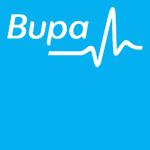When it comes to oral health, there’s a lot beneath the surface that many of us might not consider in our daily routines. But have you ever wondered what dentists wish you knew? What key insights could transform your oral health routine? In this blog, we’ll help you understand the importance of oral hygiene practices that dental professionals at Albany Dental wish everyone knew about maintaining good oral health

1. The Importance Of Regular Check-Ups
Regular dental check-ups are important for detecting early signs of tooth decay and gum disease. These appointments allow your dentist to perform preventive care and identify potential issues before they become serious. Think of these visits as your first defence against oral health issues.
2. Proper Brushing Technique
Brushing your teeth might seem straightforward, but there’s a way to do it that helps remove plaque without damaging your enamel. Use a soft-bristled brush, hold it at a 45-degree angle to your gums and use gentle, circular motions. Remember about the duration and frequency: twice a day for two minutes each time. For an in-person demonstration, ask our hygienist Katrina Duncan at your next check-up.
3. Flossing Is Equally Important
While brushing gets most of the attention, flossing plays a key role in your oral hygiene routine.
- Removes Plaque: Flossing helps in removing plaque and food particles from between your teeth and under the gumline, areas your toothbrush can’t reach.
- Prevents Gum Disease: Regular flossing can help prevent tartar build-up, which is a key factor in the development of gum disease.
4. Diet's Impact On Oral Health
Your diet has a significant impact on your oral health, beyond just limiting sugar intake. Foods rich in calcium, phosphorus and vitamins A and C can help strengthen your teeth and gums. Crunchy fruits and vegetables can also help clean your teeth naturally. Understanding the connection between your diet and oral health can lead to better choices and stronger teeth.
5. Risks Of Tobacco On Oral Health
Smoking and using tobacco products significantly increase your risk of oral cancer, gum disease and tooth decay. The chemicals in tobacco can affect the saliva flow in your mouth, making it easier for plaque to stick to your teeth and gums. Quitting tobacco can dramatically reduce these risks.
6. How to Reduce the Risk of Gum Disease
A few simple steps can greatly reduce your risk of gum disease:
- Regular Dental Cleanings: Can help remove tartar build-up.
- Proper Oral Hygiene: Brushing and flossing daily can help reduce the risk of gum disease.
- Healthy Lifestyle Choices: Maintain a balanced diet and avoid tobacco.
7. How to Deal With Dental Anxiety
Many people avoid the dentist due to anxiety, but there are strategies to help manage these fears.
Communication
Talk to your dentist about your fears. They can adjust their approach to help you feel more comfortable.
Distraction Techniques
Listening to music or using a stress ball during your visit can help reduce anxiety.
Schedule Your Next Dental Visit Now!
Understanding and implementing what dentists wish you knew about oral health can make a significant difference in your overall well-being. At Albany Dental, we understand the importance of personalised care and offer a comprehensive range of dental services tailored to meet your needs, from general dental treatment to cosmetic dentistry and emergency appointments to more specialised treatments. If you’re looking to improve your oral hygiene routine, our team is ready to assist. Contact us today!











